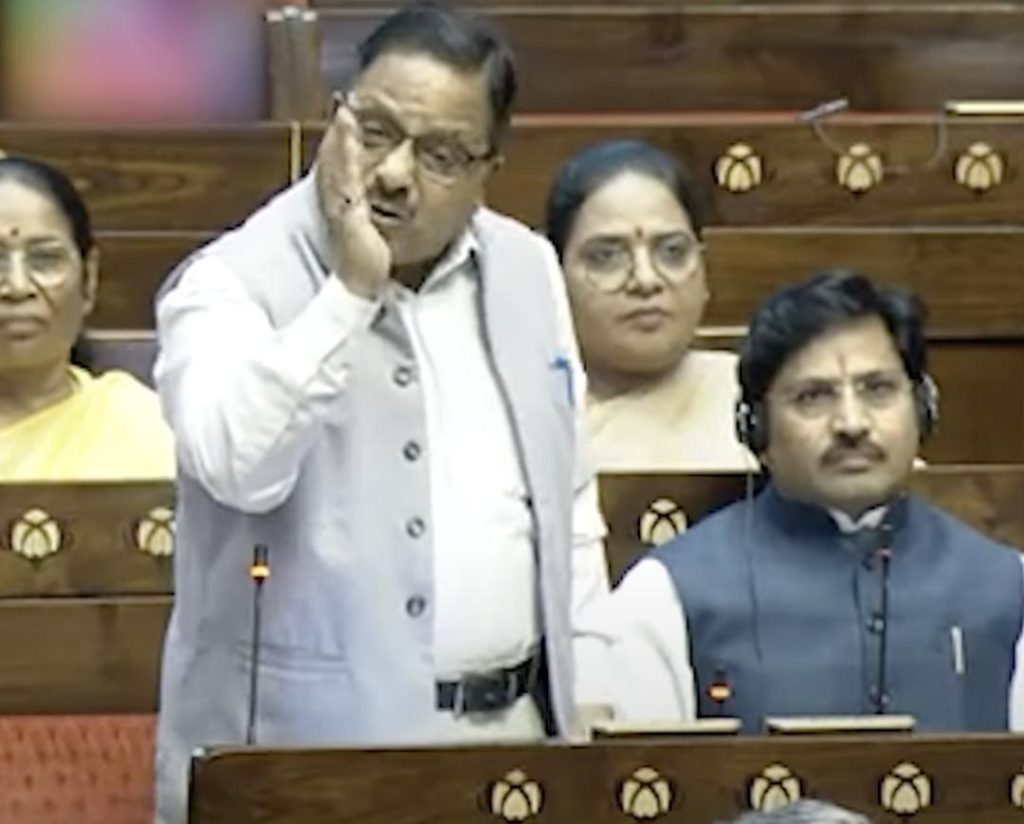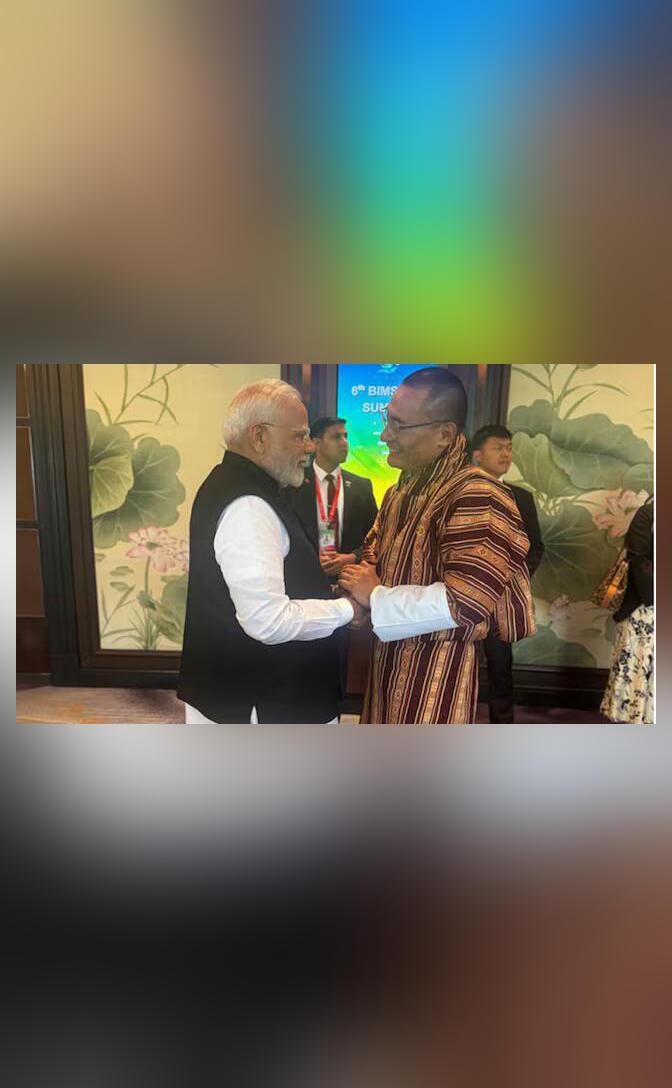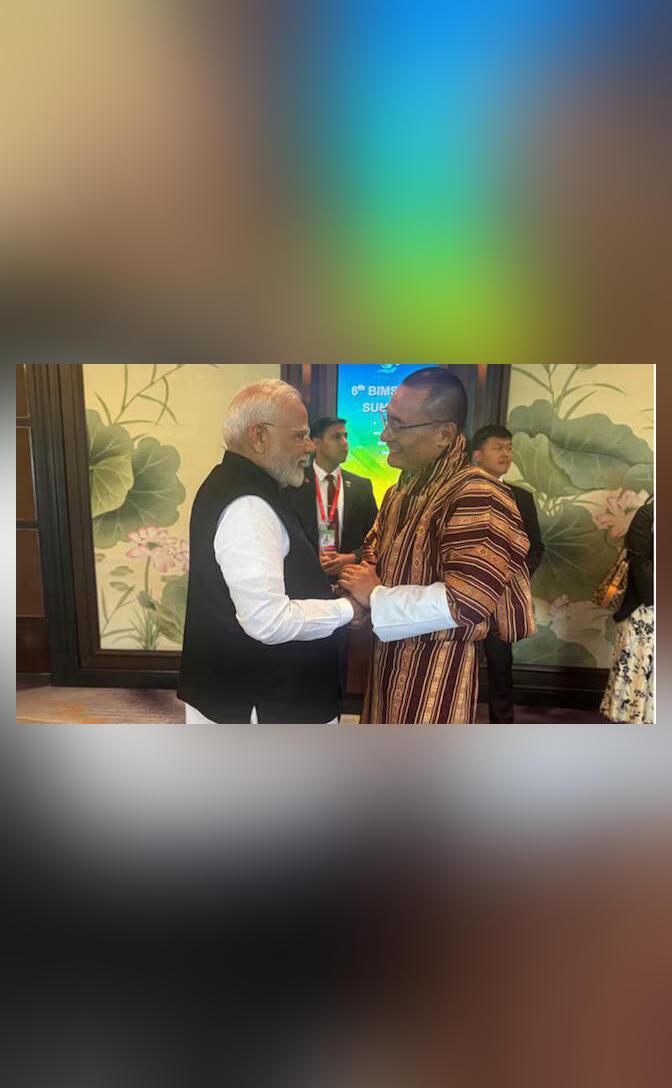
Should I Read the Quran and Tell You What’s Written in It: BJP MP Radha Mohan Das on Waqf Bill
The Waqf Bill, a controversial legislation aimed at regulating and modernizing the Waqf properties in India, has been a topic of heated debate in the country’s parliament. Amidst the intense discussion, a BJP MP, Radha Mohan Das, raised a question that has sparked a fresh wave of controversy. He asked if he should read the Quran and tell the nation what’s written in it.
The statement was made during a debate on the Waqf Board, an autonomous body responsible for managing and regulating the Waqf properties in India. The Waqf Board is mandated to manage the properties that are endowed to religious institutions, and the properties are supposed to be used for the benefit of the community.
Radha Mohan Das’s statement was a response to the Waqf Board’s alleged mismanagement of the properties under its control. He accused the board of not maintaining proper records of its properties, saying that even if one rupee is given to anyone, there should be a written record. He questioned the Waqf Board’s lack of transparency and accountability, stating that the board’s failure to maintain records suggests that it is not transparent in its dealings.
The BJP MP’s statement has raised several questions and concerns. Should he indeed read the Quran and share its contents with the nation? Is it necessary to read the Quran to understand the Waqf Board’s actions? What is the significance of the Quran in the context of the Waqf Bill?
To understand the context of Radha Mohan Das’s statement, it is essential to delve into the Quran and its significance in Islam. The Quran is the holy book of Islam, and it is considered the word of God as revealed to the Prophet Muhammad. It is the primary source of guidance for Muslims and contains the laws and principles that govern their daily lives.
The Quran contains various verses that deal with the management of Waqf properties. For instance, Surah Tauba (Chapter 9) Verse 60 states that “Those who believe in Allah and the Last Day should not sell the property of the Waqf for a low price or for a high price, whether it is a purchase or a sale, and they should not take anything from the Waqf properties without the permission of the owner.” This verse emphasizes the importance of observing the principles of justice and fairness in the management of Waqf properties.
Another important verse that deals with the management of Waqf properties is Surah Maidah (Chapter 5) Verse 1, which states that “O you who believe! Make not unlawful the good things which Allah has made lawful for you, and commit not excess in the matter of them, so that you may act justly and be mindful of Allah.” This verse highlights the importance of observing the principles of justice and fairness in the management of Waqf properties.
Radha Mohan Das’s statement is significant because it highlights the need for transparency and accountability in the management of Waqf properties. The Quran emphasizes the importance of observing the principles of justice and fairness in the management of Waqf properties, and Radha Mohan Das’s statement is a reminder of the importance of adhering to these principles.
However, some critics have questioned the relevance of Radha Mohan Das’s statement. They argue that the Quran is a holy book and that it is not necessary to read it to understand the Waqf Bill. They also argue that Radha Mohan Das’s statement is an attempt to provoke and polarize the debate on the Waqf Bill.
In conclusion, Radha Mohan Das’s statement has sparked a fresh wave of controversy on the Waqf Bill. While some argue that the statement is relevant and highlights the need for transparency and accountability in the management of Waqf properties, others argue that it is an attempt to provoke and polarize the debate. The Quran is a holy book of Islam and contains principles that govern the management of Waqf properties. Radha Mohan Das’s statement is a reminder of the importance of observing these principles and ensuring that the Waqf properties are managed in a transparent and accountable manner.
News Source:
https://www.youtube.com/watch





